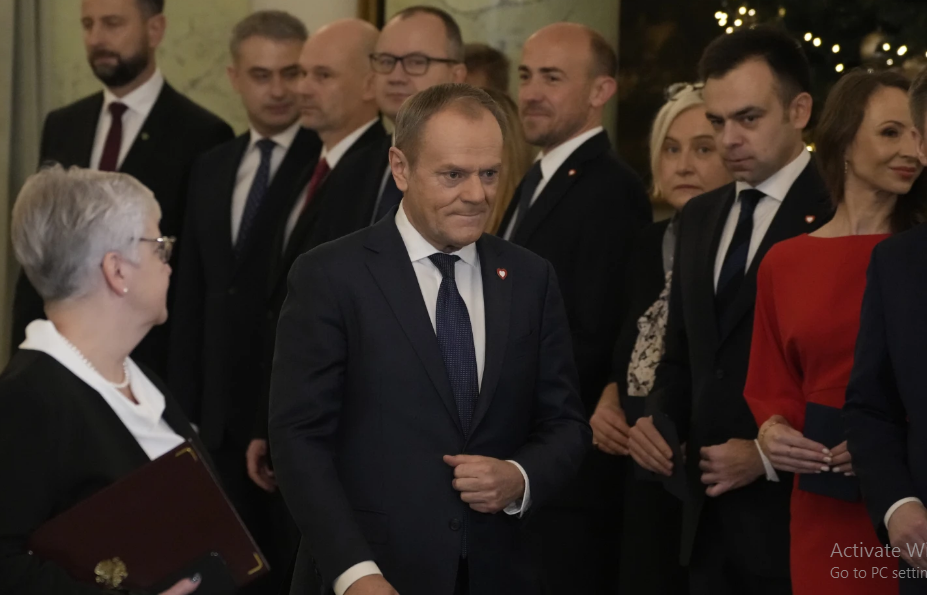On 24 March Poland sought an explanation from Moscow after a Russian cruise missile intended for Ukraine entered its airspace. This incident was a repeat of what happened in November 2022 when a “Russian-made” missile struck Poland killing two people. The latest violation of Polish airspace prompted Prime Minister Donald Tusk to raise an alarm that Europe is in a “pre-war era” but still has a “long way to go” before it is ready to face the threat posed by Russia. “War is no longer a concept from the past. It is real, and it started over two years ago. The most worrying thing at the moment is that literally any scenario is possible. We haven’t seen a situation like this since 1945,” Tusk said in a recent interview to the German newspaper Die Welt. “I know it sounds devastating, especially for the younger generation, but we have to get used to the fact that a new era has begun: the prewar era. I’m not exaggerating; it’s becoming clearer every day.”
In the wake of Russia’s full-scale invasion of Ukraine in February 2022, European leaders and military officials have expressed growing apprehension that the conflict may spill over to neighbouring countries. Despite Russian President Vladimir Putin’s repeated assurances that Russia harbours no intention of attacking NATO nations, concerns persist. The war initiated by Russia has disrupted the post-Cold War geopolitical landscape, compelling Europe to prioritise its defence following years of depleting military expenditures. This has prompted bordering countries to take proactive measures. Sweden and Finland’s recent decision to join NATO, a move previously unimaginable for the traditionally neutral Scandinavian nations, serves as a notable example. Likewise, in the Baltic region, Estonia and Lithuania have significantly increased their defence budgets, surpassing NATO’s mandated minimum of 2 per cent of GDP. Additionally, Moldova, situated adjacent to Ukraine and susceptible to Russian interference, is swiftly progressing towards EU membership.
Tusk regained power following the previous year’s election and has been working diligently to guide Poland back into the European mainstream after nearly ten years of authoritarian rule under the populist Law and Justice Party. Situated between Germany and Russia, Poland has always understood the significance of a robust defence. This year, Poland’s military budget exceeded 4 per cent of its GDP – twice the recommended amount by NATO. Additionally, Poland has provided refuge to millions of Ukrainians escaping Russia’s brutal invasion.
Despite efforts by Europe to strengthen its defence, Tusk believes that the continent still has a considerable distance to cover. He emphasised the need for Europe to be self-reliant and self-sufficient in defence, while also maintaining a strong alliance with the United States.
Tusk’s concerns, though alarmist, may not be entirely unfounded since we are already witnessing two devastating wars with a combined death toll running into tens of thousands. Besides war clouds are hovering over the Taiwan Strait and the Korean Peninsula. At this juncture, a polarised US is constantly losing its influence over other countries while the Russia-China “no limits” partnership is threatening to destabilise the world order. We are indeed living in dangerous times.
